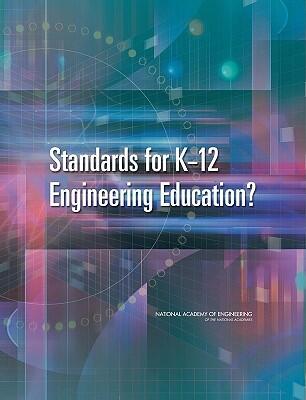
Standards for K-12 Engineering Education?
まだ評価がありません
Science & Technology
形式
ペーパーバック
ページ数
160
言語
デンマーク語
公開されました
Oct 28, 2010
出版社
National Academies Press
ISBN-10
0309160154
ISBN-13
9780309160155
説明
This comprehensive study delves into the significance of establishing and integrating engineering education standards within the K-12 framework. The authors, drawn from a committee of the National Research Council, meticulously evaluate the current landscape of engineering education and its potential impact on young learners. They explore how enhancing engineering knowledge could shape critical thinking and problem-solving skills, essential for navigating a rapidly evolving technological world.
In their examination, they identify the challenges and opportunities associated with implementing a structured engineering curriculum. The committee focuses on the importance of aligning these standards with existing educational goals, ensuring they complement and enrich traditional subjects. Through extensive research and discussions with educators, they present a roadmap for future educational practices.
Moreover, the study emphasizes the need for collaboration among educators, policymakers, and industry professionals. By fostering partnerships, they advocate for an approach that prepares students for careers in increasingly technical fields. This holistic vision aims to cultivate a generation that is not only proficient in STEM principles but also equipped to innovate in real-world contexts.
Ultimately, the work serves as a vital resource for educational stakeholders, offering insights that could transform K-12 engineering education and significantly benefit students' academic journeys and future prospects.
In their examination, they identify the challenges and opportunities associated with implementing a structured engineering curriculum. The committee focuses on the importance of aligning these standards with existing educational goals, ensuring they complement and enrich traditional subjects. Through extensive research and discussions with educators, they present a roadmap for future educational practices.
Moreover, the study emphasizes the need for collaboration among educators, policymakers, and industry professionals. By fostering partnerships, they advocate for an approach that prepares students for careers in increasingly technical fields. This holistic vision aims to cultivate a generation that is not only proficient in STEM principles but also equipped to innovate in real-world contexts.
Ultimately, the work serves as a vital resource for educational stakeholders, offering insights that could transform K-12 engineering education and significantly benefit students' academic journeys and future prospects.